Def Leppard's Phil Collen: the 11 records that changed my life
Prize picks from the Leppard man

Introduction
“I guess it was a bit like being in One Direction,” laughs Def Leppard guitarist Phil Collen, when asked about the moment he realised he’d become a fully fledged, card-carrying international rock star.
Sat in a brightly lit room inside the London headquarters of Penguin Books, he takes us back to the spring months of 1983, when the Sheffield quintet were on their way to becoming one of Britain’s biggest musical exports.
“We were on tour for Pyromania, going through the States, and got told the album had just gone platinum – we couldn't believe it! While we were there, it then went quadruple platinum, and people were mobbing us.”
Phil Collen might have been a top-tier rockstar for most of his life, but it’s evidently clear the London-born guitarist still has both feet firmly on the ground. In his new autobiography Adrenalized, he recalls the story of his band’s rise to the top of the charts, taking hard-hitting guitar music to new commercial peaks. It’s a tale of determination, endurance and – to a certain extent – gratitude.
I was thrilled we'd get to play clubs or theatres, even if they were empty! Then before we knew it, weird shit started happening and we were getting mobbed
“I'd still be working in the factory in Walthamstow had I not gotten myself out there,” he admits. “I always dreamed of making it on a local level, like playing the local cinema and people recognising you. I was thrilled we'd get to play clubs or theatres, even if they were empty! Then before we knew it, weird shit started happening and we were getting mobbed.
“Anyone that's in a big band… the same things get presented to them. It's the other stuff that's important. Going out and getting drunk – after a point – gets kinda boring. It's the other stuff that's truly great, meeting fascinating characters all around the world. I wouldn't have been exposed to all the amazing things in life without the people that shape it.”
Here, the guitarist takes it to 11, with the albums that changed his life and made him the musician he is today…
Adrenalized: Life, Def Leppard And Beyond by Phil Collen with Chris Epting is available now.
Don't Miss
Def Leppard's Phil Collen: my top 5 tips for guitarists
Def Leppard's Phil Collen: my best and worst gigs ever
Phil Collen on recording Def Leppard's Hysteria track-by-track
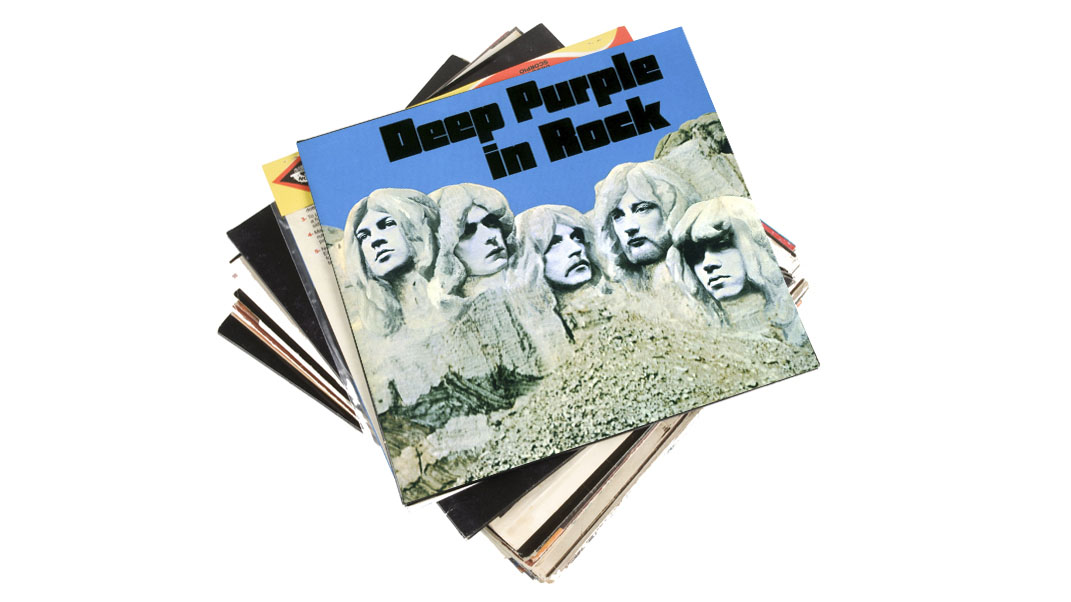
1. Deep Purple - In Rock (1970)
“There are so many great records for me. But this one is why I got into guitar playing in the first place. I was always into music, but my cousin took me to see Deep Purple at the Brixton Sundown – called the Academy now – on the Machine Head tour for my first gig.
“We were on the front row and I was watching Ritchie Blackmore smash it straight up! I didn't realise til we played Brixton ourselves that's the reason why I play on that side of the stage, too! It's all because I saw Ritchie in that very same spot when I was a kid.”
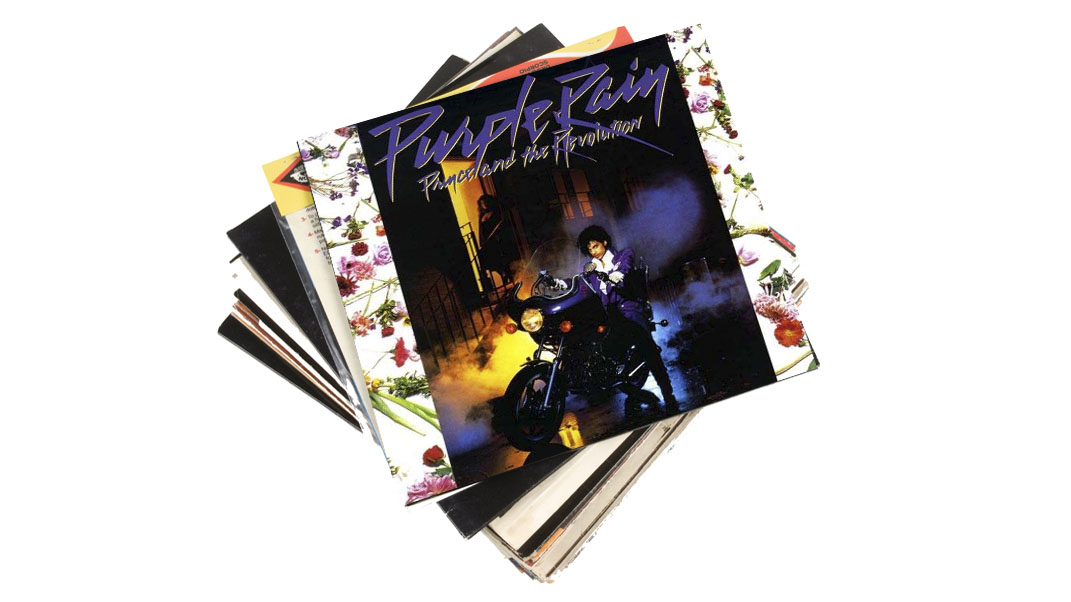
2. Prince - Purple Rain (1984)
“Purple Rain has to be in this list; I just think it was just so against the grain. He didn't follow any rules on this one, and yet it was the most commercial album he had.
“I have a good Prince story – I actually met him once. I saw him in Paris at the Bercy and I knew his lighting guy, who said he was doing this club show after. So me and [now deceased Def Leppard co-guitarist] Steve Clark went down. But Prince wasn't playing guitar on the tour, so when I met him, I said, 'What's the deal with the guitar; are you not playing?'
“Then when he got on stage, he started doing Red House by Jimi Hendrix. And he played guitar for the rest of the night – we couldn't believe it.”
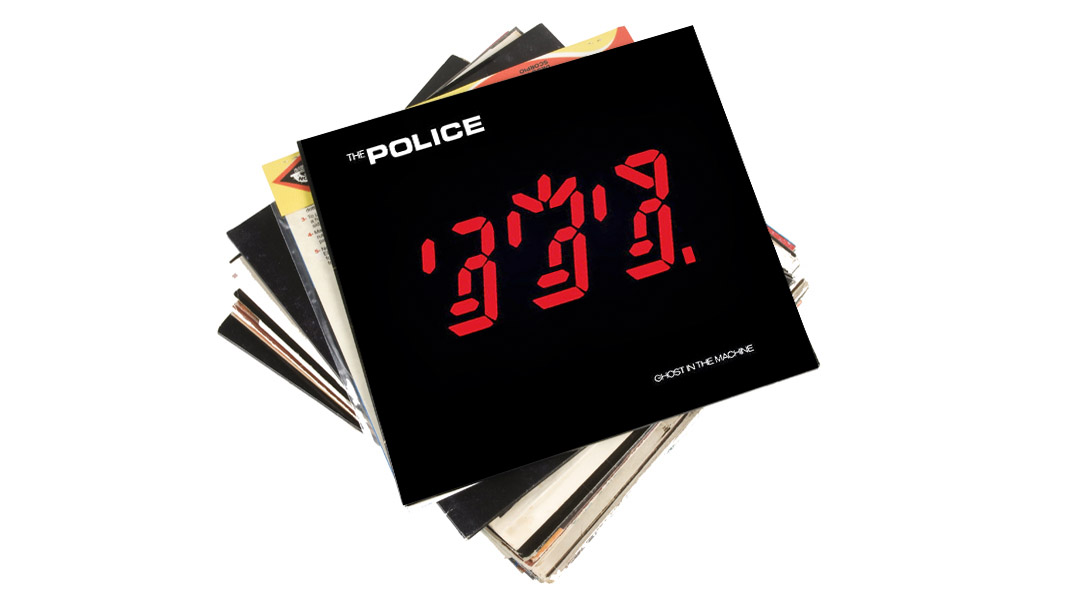
3. The Police - Ghost In The Machine (1981)
“My favourite Police album is Ghost In The Machine because it's a bit quirky, a bit weird and a bit reggae. It was a perfect moment in time. Like Prince, they were true artists – a hybrid of different styles, not stuck to just one thing… really open-minded.
“I find the more music you let in, the more you have to let out. The Police were like that, and Sting's definitely one of my favourite songwriters. Okay, he can get a bit ponce-y, especially these days. But he wrote these classic rock songs that were melodically superior.
“The rest of the band were great, too; they had this amazing chemistry. Synchronicity, their last one, was great, too, but I think Ghost In The Machine is perfect… I loved the hybrid element, introducing reggae into it was killer.”
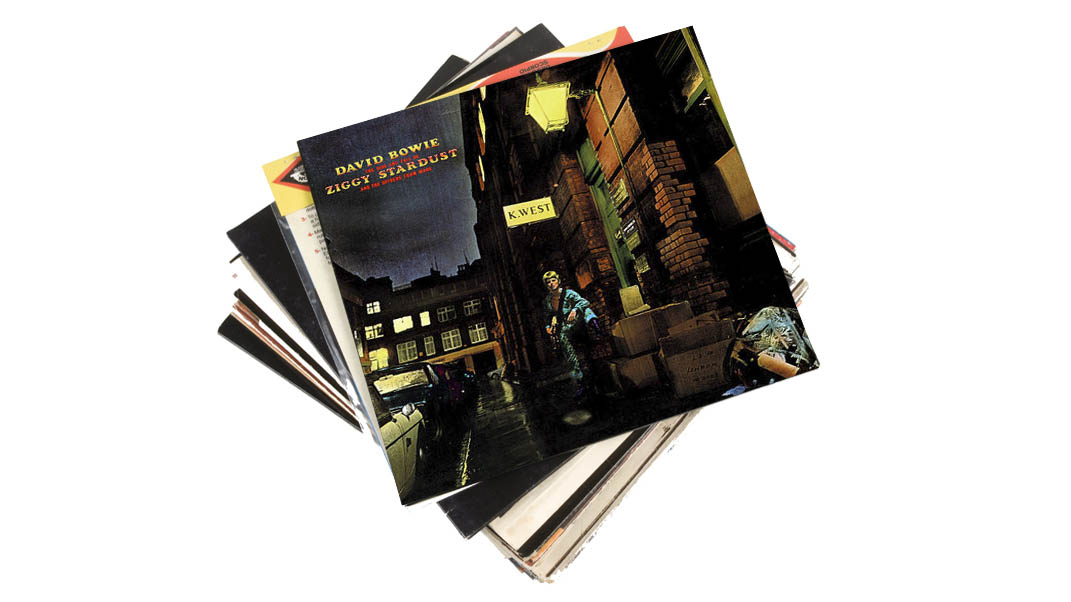
4. David Bowie - Ziggy Stardust (1972)
“I think I might prefer Aladdin Sane, though this one had more of an impact on me growing up. I was 14 and my cousin had gotten me into Zeppelin, Purple, Hendrix, all of that great stuff. I particularly loved T-Rex, Bowie, Queen, all the glam stuff.
“I thought those songs were something truly unique, especially at the age I was. At 14 years old, you're a sponge! I really loved Mick Ronson's vibrato; it sounded just fuckin’ awesome over these great songs. It was a perfect foil and my favourite era of Bowie.”
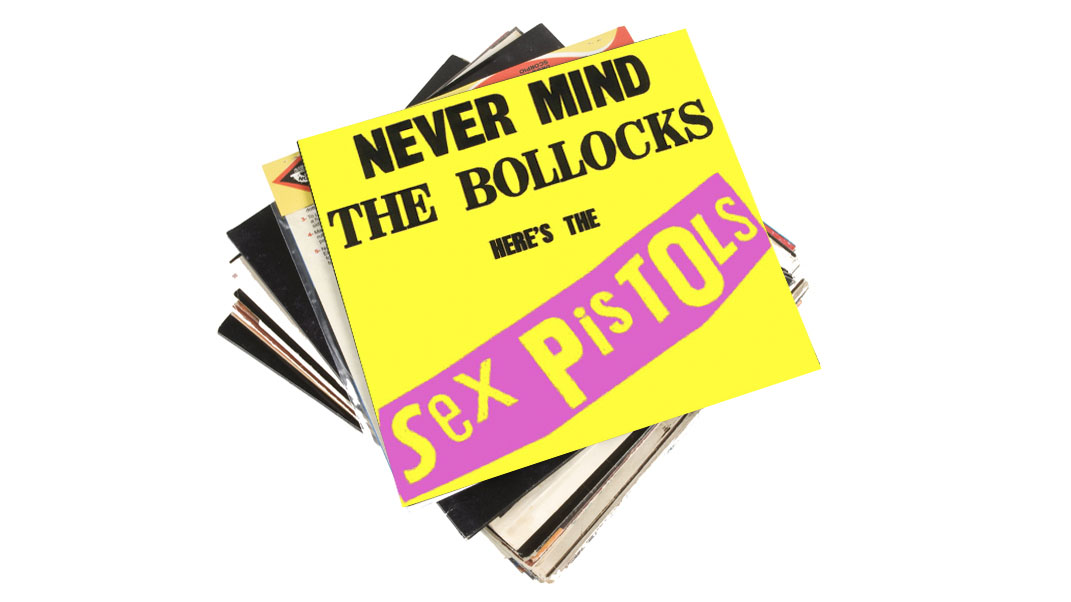
5. Sex Pistols - Never Mind The Bollocks (1977)
“The album is just so raw! When this came out, it gave a well-needed boost to rock music. It was like, 'Finally!' People had been waiting to hear that sound for years. And I've always thought Mick Jones had an unbelievable tone.
“I’d say the two best guitar sounds that I've seen/heard – not that I've seen everyone – were Steve Jones on a borrowed Marshall in a club, and the other was Steve Stevens, when we were touring with Billy Idol. Sound-wise, the Pistols had something really special. I couldn't believe the sound that was coming out.”
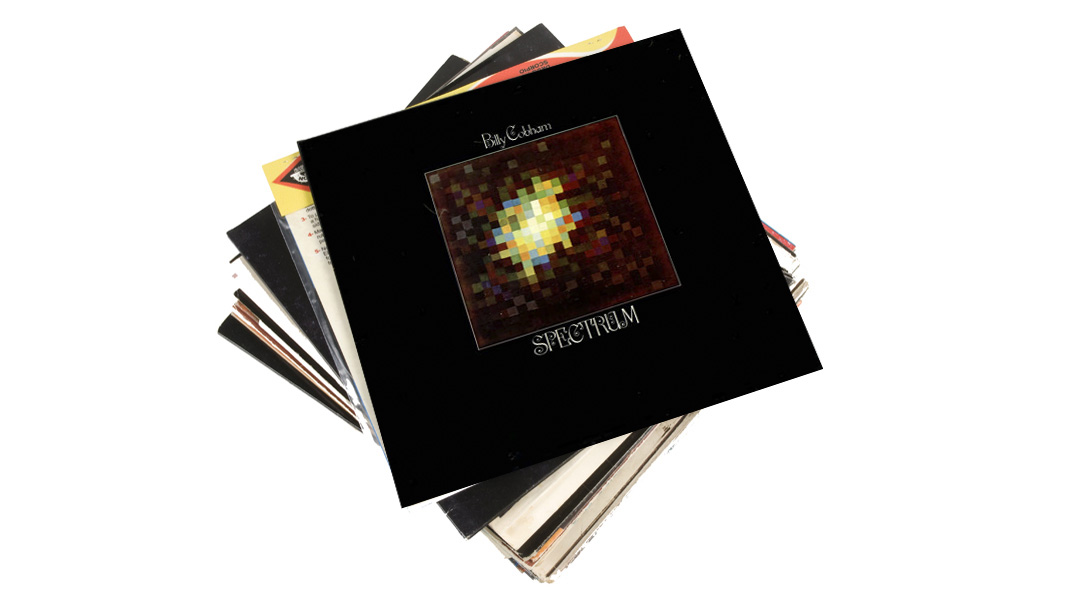
6. Billy Cobham - Spectrum (1973)
“As a guitar geek, [opening track] Quadrant 4 was something else entirely. I’d say all of Spectrum is great. If you haven't heard of him, you need to check out Tommy Bolin on guitar… he was really experimental and jazzy. I definitely absorbed something from him, he was just so raw. I loved how the music would take all these different directions.
“Through this album, I got into Chick Corea's Return To Forever which had Al Di Meola and Stanley Clarke, who – even though he plays bass – I'm a huge fan of. He's got groove and melody, even when he goes leftfield into deep, weird jazz and then reigns it back!”
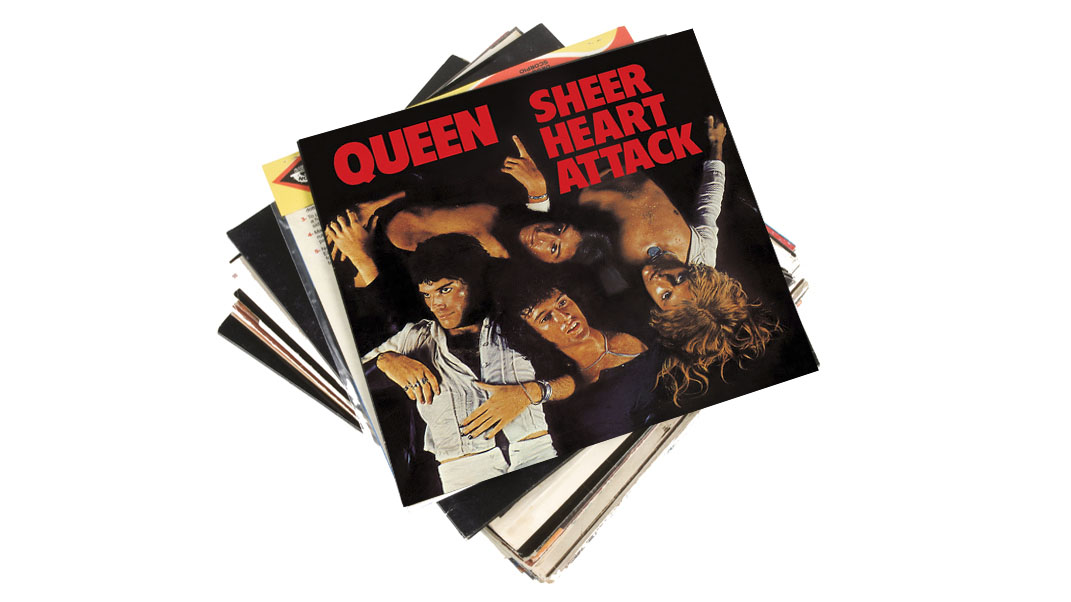
7. Queen - Sheer Heart Attack (1974)
“It's my favourite Queen album, and another one that has a mixture of things going on. They were a hard-rock band with some big pop influences, like The Beatles, but pushing new things out of it.
“People would see this very flamboyant, gay lead vocalist and all the theatrics in the music which allowed him to do his thing… you don't often get that in rock bands. There's usually a weird uptightness about it.
“But Queen were never like that; they'd just out there with these massive, brilliant songs. When I first heard Bohemian Rhapsody, I was a despatch rider – I'd ride around on my Suzuki 250, and one day I got a puncture. They came to get me in the firm's van and it was on the radio. I thought, 'What on earth is that?'
“The vocal thing was something we really took influence from in Def Leppard, with a more AC/DC-type edge.”
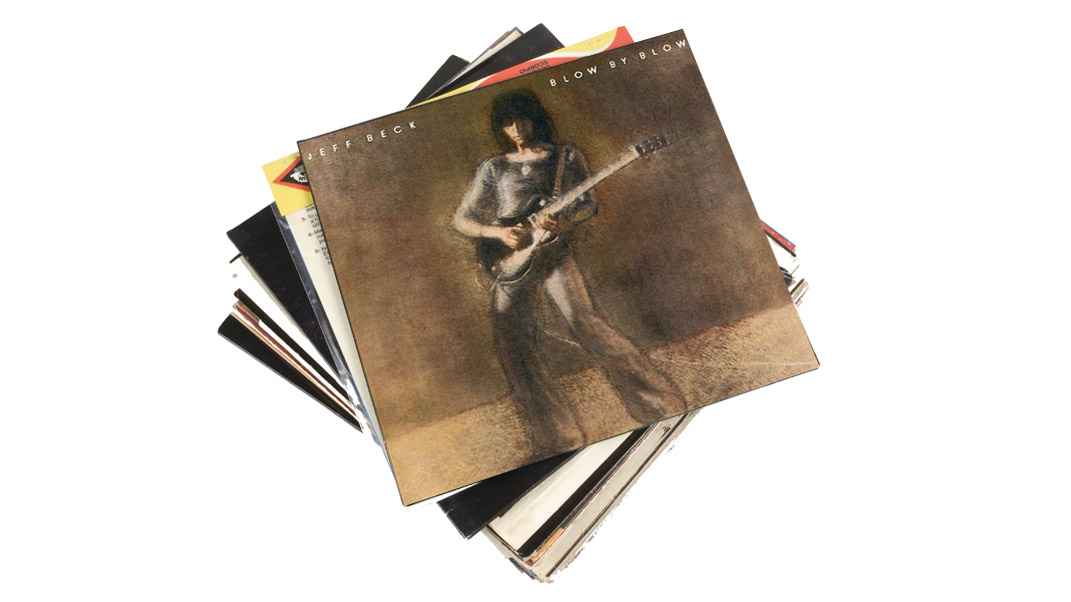
8. Jeff Beck - Blow By Blow (1975)
“This is another classic guitar album. I think he's gotten better and better as the years have gone on, you know? It’s all about groove and melody, and always has to be honest. A lot of artists worry about what other people think and being judged, instead of thinking, 'I like a bit of Katy Perry, let's put that in!' You can do it.
“Certainly, in rock music, a lot of people miss that and choose to stay in one place. But with Jeff, you hear where he was going with all that weird vibrato stuff. He was not worried; he just kept on playing – that's just his thing!”
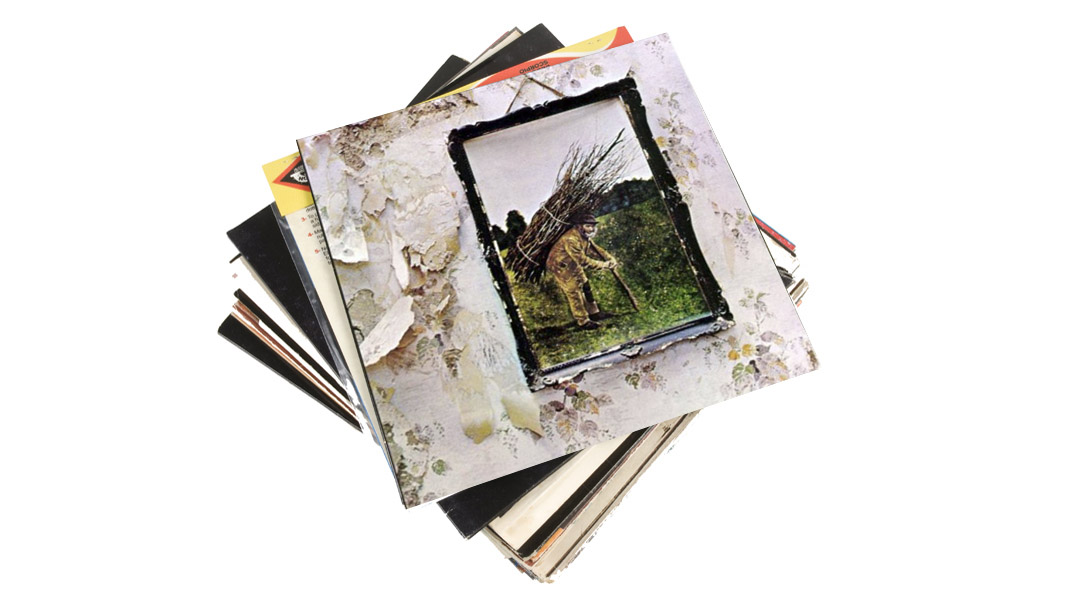
9. Led Zeppelin - IV (1971)
“Led Zeppelin II was incredibly important, but Zeppelin IV is the classic album. It was the apex of their career. Jimmy Page was a genius producer and arranger; it actually wasn't so much the guitar playing for me. He was just so different to everyone else, and what he wrote really changed things for rock music.
“That record was just the perfect time and place, when he was going through this amazing experimental, artistic period. And you know, it doesn't always last forever. Look at Pete Townshend: he had it for the longest time… and then it leaves.”
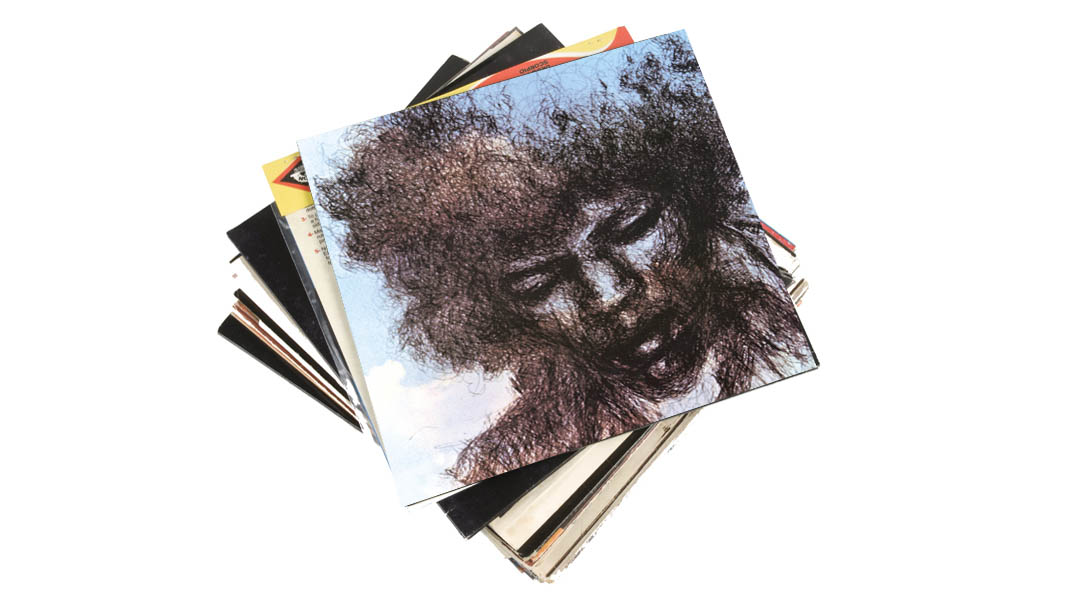
10. Jimi Hendrix - Cry Out For Love (1971)
“Hendrix obviously has to be in this list, too. He's probably my top guitar player of all time. I think my favourite album of his is Cry Out For Love, which has some killer stuff on it. He died before it got released.
“God knows what he'd have come up with if he was still alive… he was so open-minded. He was this bluesy, funky, jazzy RnB thing that invented rock guitar on the way.
“When people heard him for the first time, they'd never heard anything like it. Same way as Eddie Van Halen came along and did it. Then there come people trying to copy it. Hendrix had very far-reaching branches, and even to this day, it's pretty mind-blowing.”
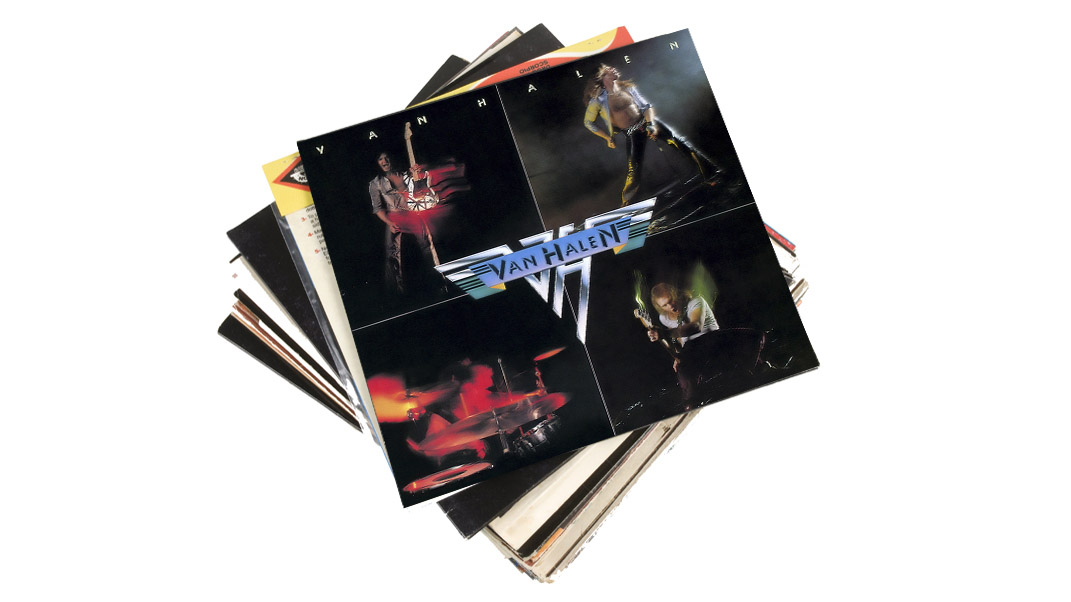
11. Van Halen - Van Halen (1978)
“All of it is amazing. I just love the feel of the album. I'm really into players like Michael Schenker, Gary Moore, guys like that. And Eddie did it to an extreme and so well. It was very pure. If Jimi Hendrix invented rock guitar, which I think he did, then Eddie was responsible for the next progression.
“The only problem was Eddie didn't sing; it's a shame, because I think you need to sing. Hendrix was embarrassed about his voice, but it was amazing. It made an incredible part of his music. Same with Nirvana: the first time I heard Kurt, I thought he had a really special voice, very pure. It was an expression.”
Don't Miss
Def Leppard's Phil Collen: my top 5 tips for guitarists
Def Leppard's Phil Collen: my best and worst gigs ever
Phil Collen on recording Def Leppard's Hysteria track-by-track
Amit has been writing for titles like Total Guitar, MusicRadar and Guitar World for over a decade and counts Richie Kotzen, Guthrie Govan and Jeff Beck among his primary influences. He's interviewed everyone from Ozzy Osbourne and Lemmy to Slash and Jimmy Page, and once even traded solos with a member of Slayer on a track released internationally. As a session guitarist, he's played alongside members of Judas Priest and Uriah Heep in London ensemble Metalworks, as well as handling lead guitars for legends like Glen Matlock (Sex Pistols, The Faces) and Stu Hamm (Steve Vai, Joe Satriani, G3).
